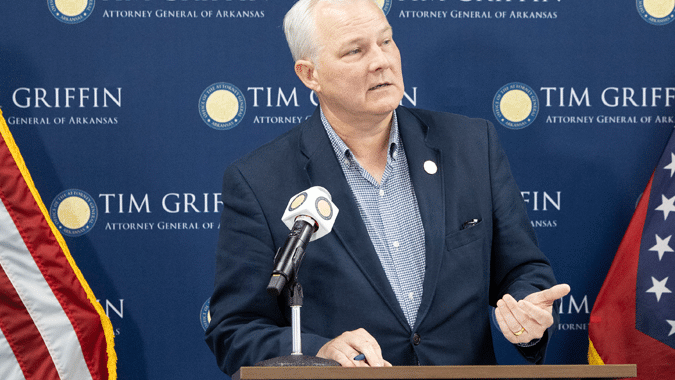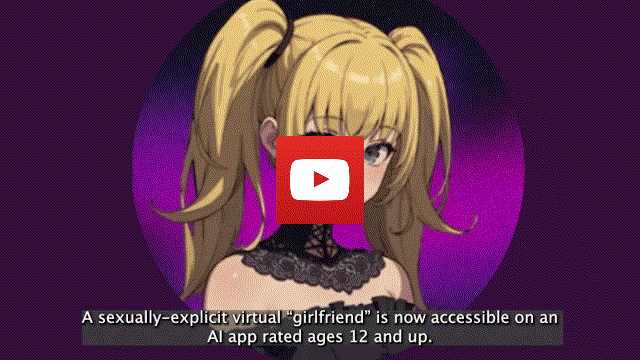Arkansas Can Enforce SAFE Act Protecting Children from Sex-Change Procedures

On Tuesday, the Eighth Circuit Court of Appeals issued a decision letting the State of Arkansas enforce a law protecting children from sex-change procedures.
This decision is a victory for children and for common sense.
In 2021, Arkansas became the first state in the nation to pass a law protecting children from sex-change procedures. The Save Adolescents From Experimentation (SAFE) Act prohibits doctors from performing sex-change surgeries or giving puberty blockers and cross-sex hormones to minors. Unfortunately, the law has been tied up in federal court since 2021 — but Tuesday’s court decision lets the State of Arkansas enforce this good law.
Over the past five years, it has become clear that the medical “consensus” regarding transgender procedures on children has been largely manufactured by pro-LGBT activists.
Men and women have come forward with chilling testimony about how they were rushed through gender transitions as children without knowing the procedures’ risks, consequences, and alternatives.
Sex-change procedures, puberty blockers, and cross-sex hormones can leave children permanently scarred, sterilized, and at risk of serious health conditions.
Doctors do not know the long-term effects that these procedures might have on people.
Public health experts in the U.S., the U.K., Sweden, Finland, and other nations have found that science simply does not support giving puberty blockers and cross-sex hormones to kids.
Last month, the Federal Trade Commission (FTC) announced a public inquiry into whether U.S. doctors and clinics may have deceived parents and children about the risks of these procedures, and the U.S. Department of Justice announced it had issued subpoenas to doctors and medical facilities involved in performing sex-change procedures on minors.
In its decision to uphold the SAFE Act, the Eighth Circuit made some important points about sex-change procedures performed on kids:
The judges pointed out that children who use puberty blockers are at greater risk of low bone density.
The court noted that “risks for minors using cross-sex hormones include changes in cholesterol and blood thickness, blood clots (increasing stroke risk), and infertility.”
The judges also cited evidence that sex-change surgeries carry risks and can lead to lifelong regret.
All of these findings underscore just how dangerous these procedures are.
Arkansas Attorney General Tim Griffin celebrated the decision, calling it “the culmination of many years of tireless and skillful legal work by this office. I am grateful for the excellent work done by my Solicitor General team.”
When U.S. District Judge Moody blocked the SAFE Act in 2021, we said we believed a higher court ultimately would overturn his decision. It took four years, but that is what happened on Tuesday.
The SAFE Act is common-sense legislation that protects children. It received overwhelming support from the Arkansas Legislature, and most voters in Arkansas support the law. It looks like our federal courts do too.
Articles appearing on this website are written with the aid of Family Council’s researchers and writers.




